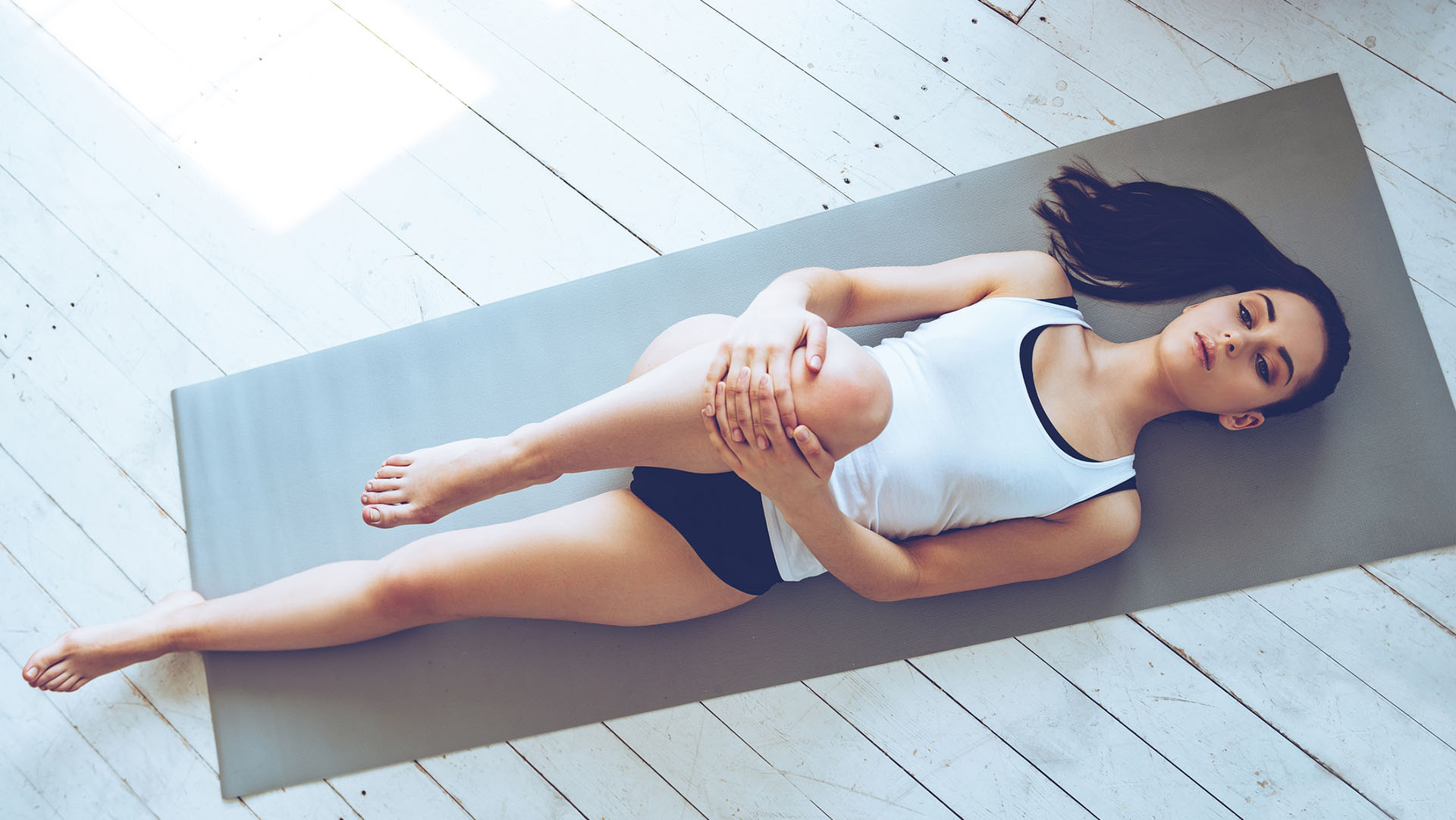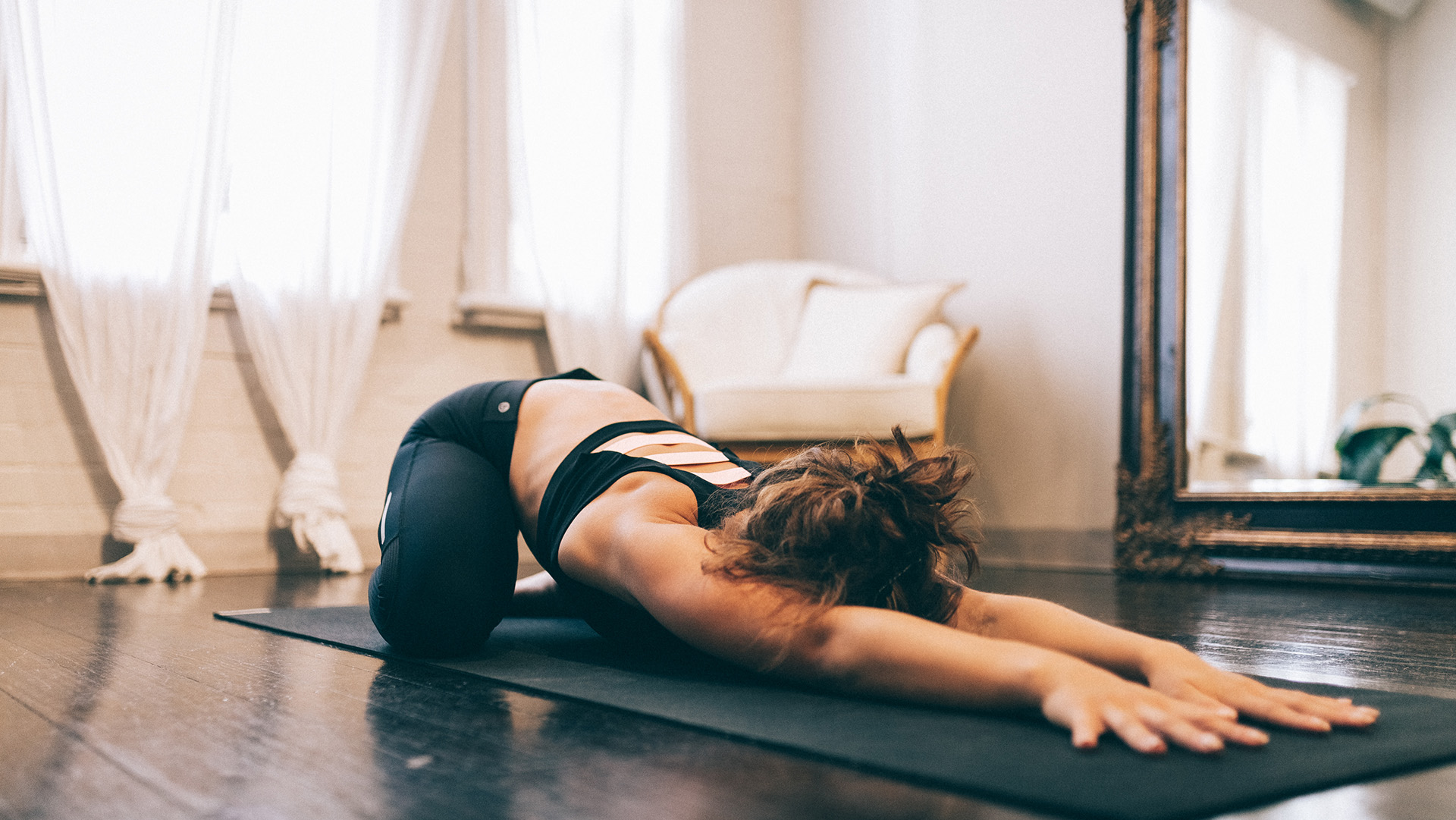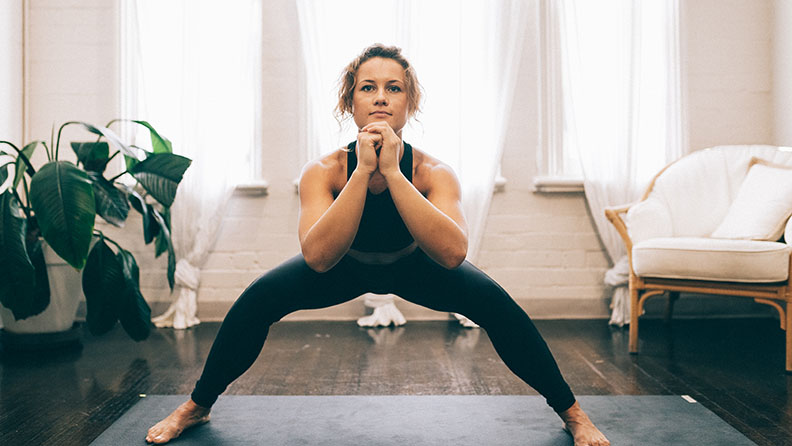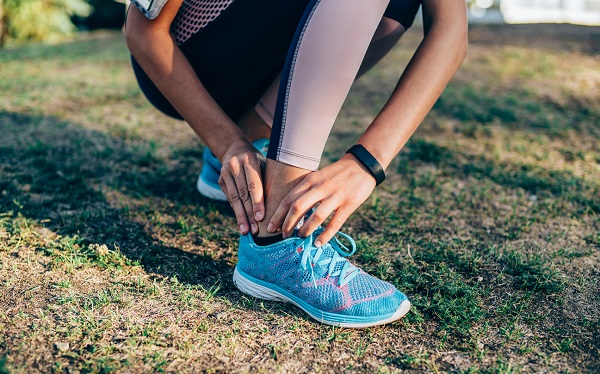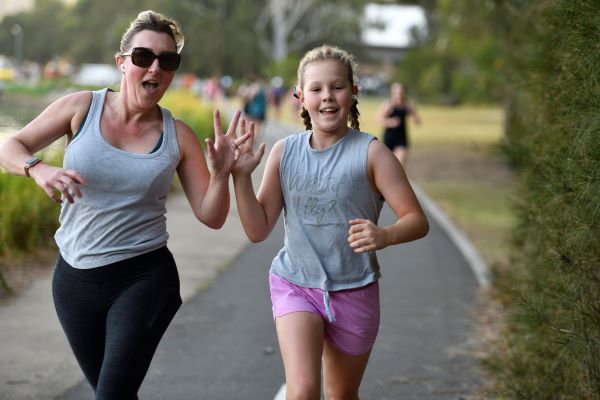-
Exercise can make you feel so good. It can give you a burst of energy, a rush of positivity, and a sense of being strong and powerful. But on bad days, it can also feel like something to dread – like a punishment, tangled up with guilt, anxiety and pressure.
On those days, the idea of lacing up your runners and dragging yourself out to a spin class can fill you with misery. Maybe you grimly power through, watching the seconds tick by until you can stop. Or maybe you decide to skip your workout, and spend the day feeling bad about it.
If you feel this way more often than not, it’s probably time to work on your relationship with exercise. Challenging this mindset is one of the key things fitness professional Jodie Arnot and dietitian Zoe Nicholson wanted to do when they launched the Moderation Movement in 2014.
“It’s completely understandable that so many people dread exercise if it’s seen as punishment for our weight, penance for what we’ve eaten, and something that has to be done hard and daily for it to ‘count',” Jodie says.
“Our purpose is to spread the word that wellbeing does not require quitting foods you love and forcing yourself to do exercise you hate. Moderation is a process of learning to listen to your own body and respond as best as you can to what you need.
“This takes practice, and it also takes letting go of all the messaging in our culture that makes us feel guilty or ashamed for eating certain things, taking time to rest, or having a body size larger than a model.”
As the director of Healthy Balance Fitness in Melbourne and nearing the completion of a Masters in Counselling, Jodie has helped plenty of people create healthier relationships with exercise and their own bodies. Here, she shares a few more gems of wisdom.
For many people, exercise feels like a chore to avoid. How can you break out of that mindset?
Remember when you were a little kid and you just moved when you felt like it because it was fun? Dancing, skipping, jumping, running, rolling – whatever? For many people exercise is no longer for feeling good and enjoyment. It’s been hijacked by diet culture, the thin ideal, and even our obsession with high performance.
The idea that only certain types of physical activity like running and gym ‘count’ is completely flawed. Ask yourself: what forms of movement do I enjoy? What makes me feel good? What can my body do right now?
When we focus on the enjoyment and feel good factor rather than calories/speed/duration/comparison we’re much more likely to want to do it.
What are some good reasons to exercise – that aren't about weight or appearance?
Feeling energised, boosting our mood, connecting with others, gratitude for what our bodies can do, enjoying the great outdoors, learning a new skill (with lots of self-compassion!), feeling less stiff, feeling stronger, improving cardiovascular fitness and stamina… there are so many!
What are the dangers of seeing exercise as a punishment or compensation for food?
This is so common. We do not need to earn our food. We deserve food simply because that’s what keeps us alive. When we see exercise as a calorie burning tool it compromises our ability to listen to our own bodies. We choose activities we may not like, or that may not be appropriate for our bodies, we go harder and longer than is best for our body right now, and we are fearful of rest days. This is a perfect storm for overtraining, fatigue and injury – as well as hating exercise!
It's easy to get caught up in comparing ourselves to others and feeling like we're not doing enough, or not getting the right results. Can you share some advice for letting go of this?
It’s incredibly hard. Start with a social media detox (the only kind of detox I approve of!). Unfollow accounts that make you feel inadequate or pressured to look different.
Also spend some time thinking about your values. What is important in life for you? Write those down. I doubt you wrote down appearance! Focus on living in a way that is in line with those values and pay less attention to the things that are not.
If you’re struggling, talk to a professional. Counselling can really help you to boost your self-compassion.
What tips can you share for setting positive exercise goals?
Set goals that have nothing to do with weight or appearance. Instead, how would you like to feel? Stronger? Fitter? It’s also important to see a goal as flexible. Letting go of a goal or extending the timeframe as life presents challenges is not ‘failure’. You chose it and you can un-choose it.
How to fall in love with fitness
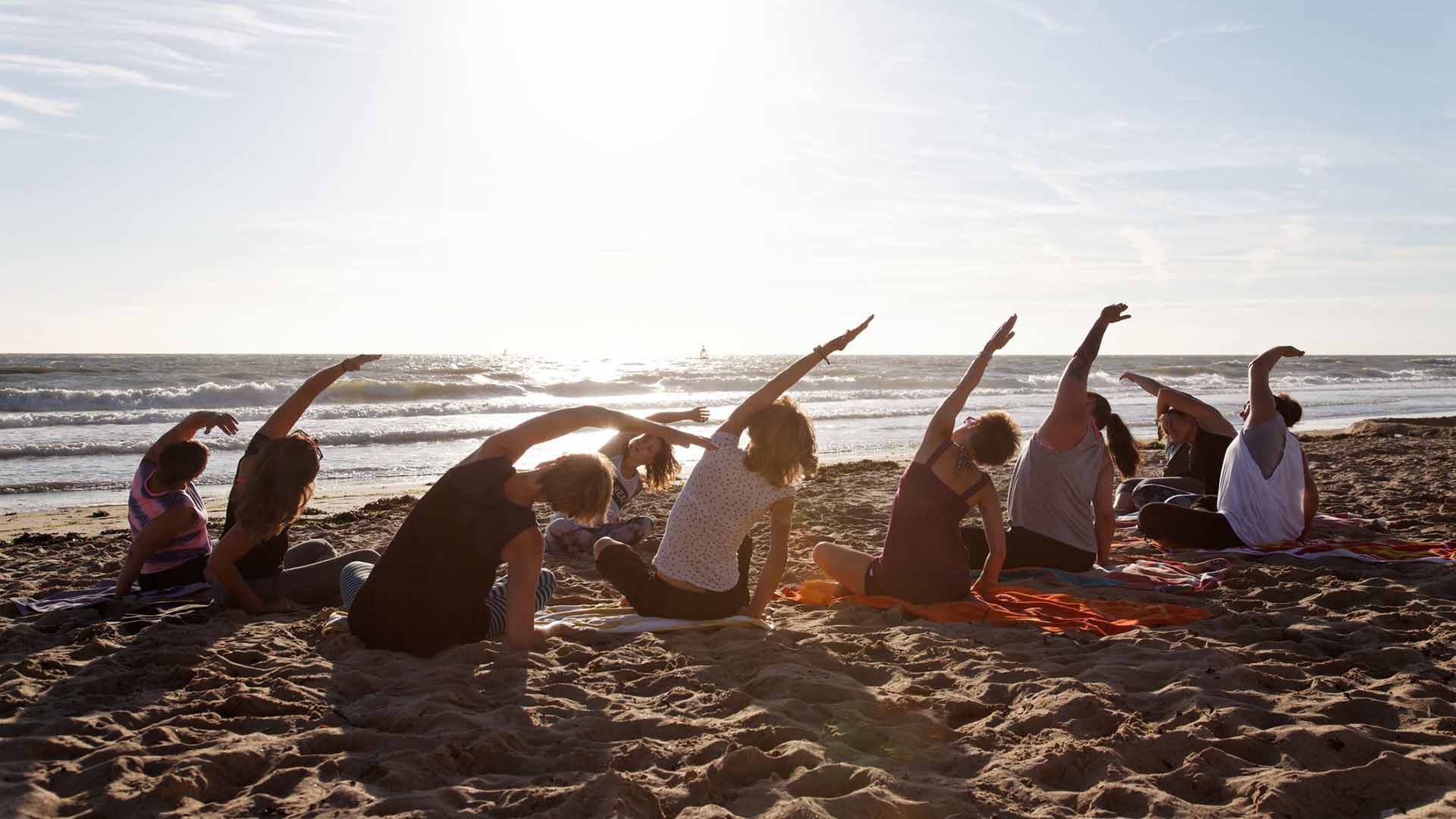
-
Stretches for gym enthusiasts
8 stretches to help you cool down from workouts
-
Stretches for office workers
Stretch out your back and relieve stress
-
Stretches for runners
Stretch your legs, hips and back after a long run
-
How to walk 10,000 steps
Discover how to easily reach your goal of 10,000 steps daily.
-
Everything you need to know about parkrun
Been wondering what a parkrun looks like? Where do you go? What do you do? How do you sign up? Find out here.
-
Five ways to exercise when on a budget
You don’t need to spend money on gym memberships just to meet your fitness goals. Here are five free ways to stay healthy and active when you’re living on a budget.
Subscribe to receive the best from Live Better every week. Healthy recipes, exercise tips and activities, offers and promotions – everything to help you eat, move and feel better.
By clicking sign up I understand and agree to Medibank's privacy policy

